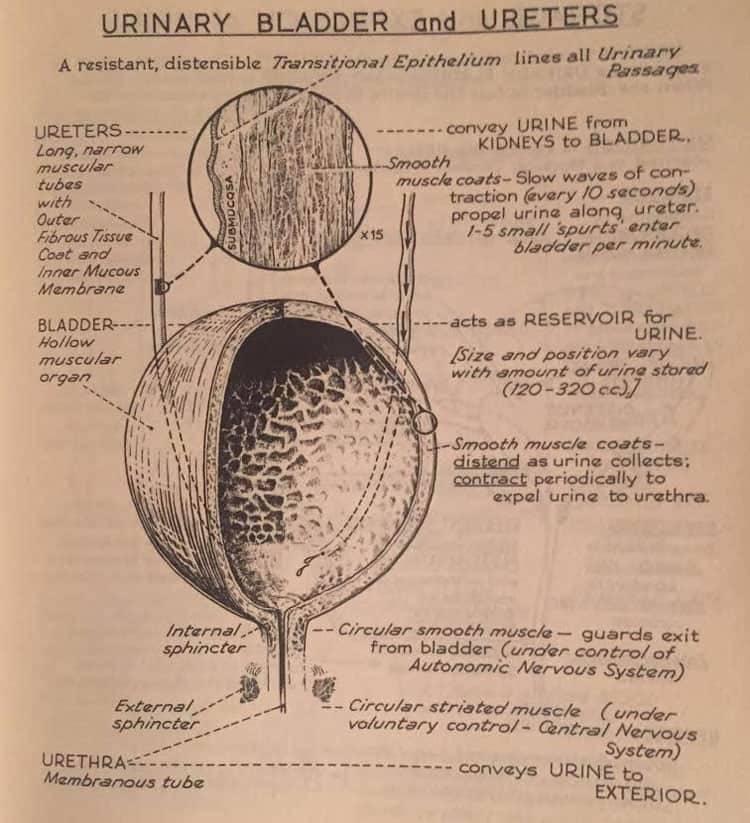The Art of Aging Well
We provide customized hourly and around-the-clock care to older adults so they can live happier, healthier lives at home.
Download by: Maria Licoudis, R.N. & Care Manager
by: Maria Licoudis, R.N. & Care Manager
 Urinary tract infections are very common in the elderly and especially in women. Because of the female anatomy, and their short urethra, females are more vulnerable. In the elderly, a sudden change in behaviour is the best indicator of a urinary tract infection. Common symptoms in the elderly include disorientation, confusion (often mistaken for dementia), urinary incontinence, urinary urgency and frequency, and not being able to carry out their activities of daily living. Once there is a sudden change in behaviour, the caregiver should consider this a red flag. Urinary tract infections occur when bacteria stick to the walls of the urethra and bladder, then multiply.
Urinary tract infections are very common in the elderly and especially in women. Because of the female anatomy, and their short urethra, females are more vulnerable. In the elderly, a sudden change in behaviour is the best indicator of a urinary tract infection. Common symptoms in the elderly include disorientation, confusion (often mistaken for dementia), urinary incontinence, urinary urgency and frequency, and not being able to carry out their activities of daily living. Once there is a sudden change in behaviour, the caregiver should consider this a red flag. Urinary tract infections occur when bacteria stick to the walls of the urethra and bladder, then multiply.
Predisposing factors include sexual intercourse, bubble baths, perfumed bars of soap, E.coli bacteria from stool and improper cleaning of anal and perianal area, urinary catheters, sitting in soiled diapers for too long, bladder distention, diabetes, kidney stones, and menopause. Symptoms of a UTI include burning on urination, urgency, frequency, blood in urine, abdominal pain, malaise, fever, chills, disorientation, confusion, nausea, vomiting, back and flank pain, and general malaise.
Treatment is usually multifaceted. The main treatment is antibiotic therapy. A urinalysis and a culture and sensitivity test needs to be done, to discover what antibiotic is required to treat the specific bacteria. Ultrasounds and Xrays may be ordered to view the urinary tract. Antibiotics should be taken for the full course, and then a follow up urinalysis and C&S should be performed.
Prevention is really the key. Drinking plenty of water daily is critical. Diluting the urine facilitates bacteria to leave the urinary tract. Seniors should be encouraged to void every two hours, and their briefs (Depends) should be checked and changed every two hours. Cranberry juice daily can alter the PH of the urine, and makes the bladder less supportive of bacteria. Wiping from front to back prevents fecal matter from entering the urethra. Taking showers rather than baths allows the bacteria to be rinsed off.
The most critical element is recognizing a change in physical or mental behaviours, no matter how small. Theses changes are our cues to report, investigate further and seek medical care.
Note: This information is for informative purposes only. Always check with a medical professional.

Get Started With a Free Consult